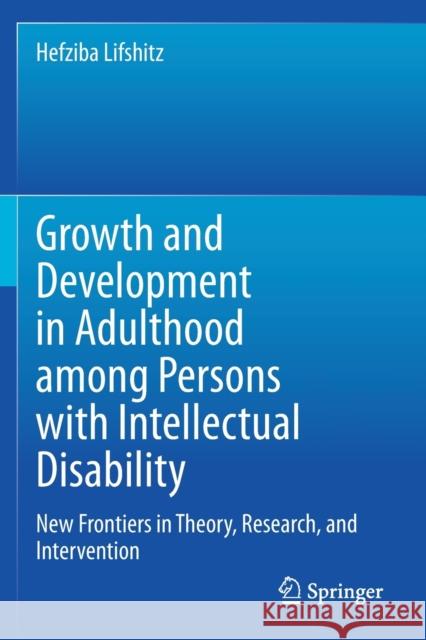Growth and Development in Adulthood Among Persons with Intellectual Disability: New Frontiers in Theory, Research, and Intervention » książka
topmenu
Growth and Development in Adulthood Among Persons with Intellectual Disability: New Frontiers in Theory, Research, and Intervention
ISBN-13: 9783030383541 / Angielski / Miękka / 2021 / 332 str.
Growth and Development in Adulthood Among Persons with Intellectual Disability: New Frontiers in Theory, Research, and Intervention
ISBN-13: 9783030383541 / Angielski / Miękka / 2021 / 332 str.
cena 362,27
(netto: 345,02 VAT: 5%)
Najniższa cena z 30 dni: 346,96
(netto: 345,02 VAT: 5%)
Najniższa cena z 30 dni: 346,96
Termin realizacji zamówienia:
ok. 16-18 dni roboczych.
ok. 16-18 dni roboczych.
Darmowa dostawa!
Kategorie:
Kategorie BISAC:
Wydawca:
Springer
Język:
Angielski
ISBN-13:
9783030383541
Rok wydania:
2021
Wydanie:
2020
Ilość stron:
332
Waga:
0.50 kg
Wymiary:
23.39 x 15.6 x 1.91
Oprawa:
Miękka
Wolumenów:
01
Dodatkowe informacje:
Wydanie ilustrowane











